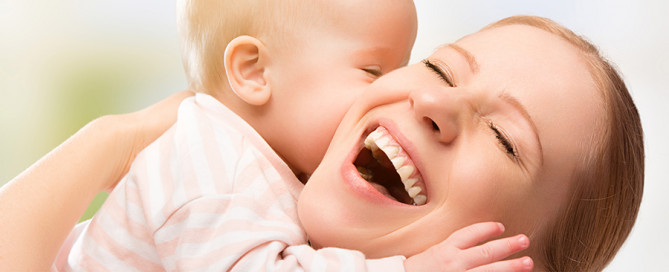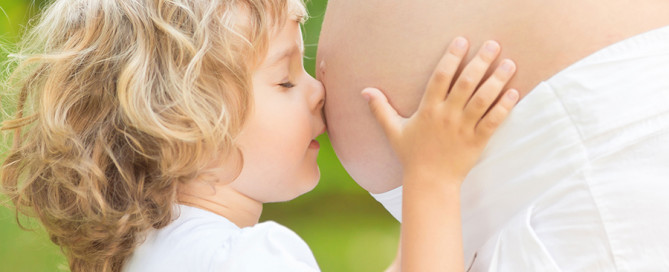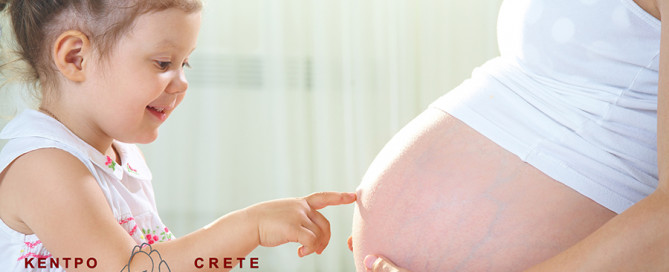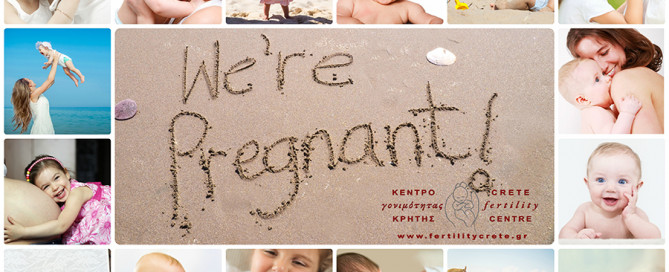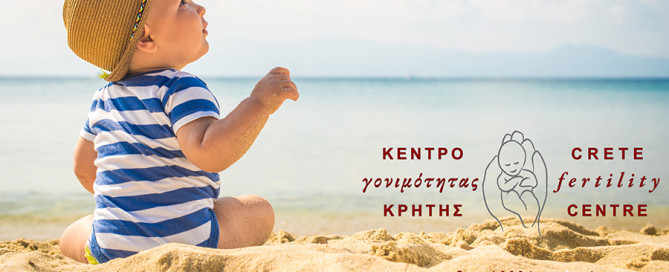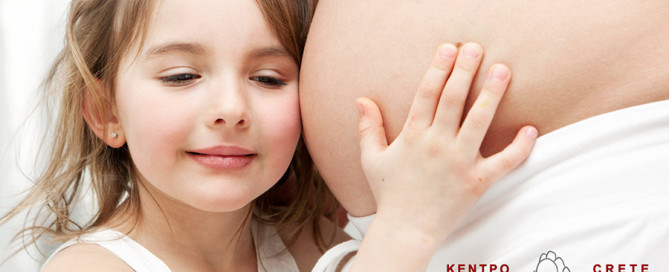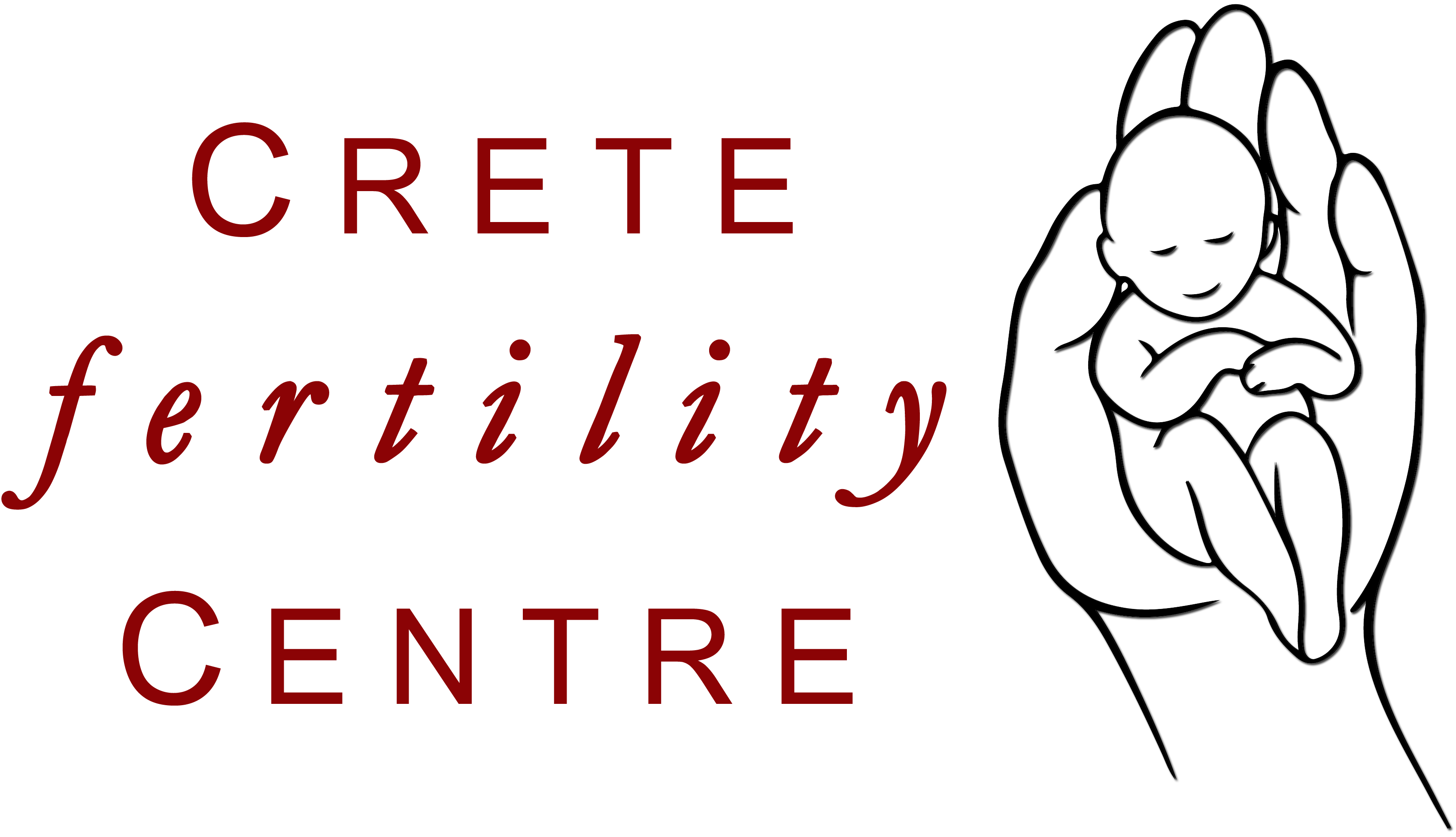WHO considers new definition of infertility that includes being single
The World Health Organisation (WHO) is considering making changes to the definition of infertility to recognise that every individual has the 'right to reproduce'. Currently the WHO defines infertility as a disability and 'a disease of the reproductive system defined by the failure to achieve a clinical pregnancy after 12 months or more of regular

